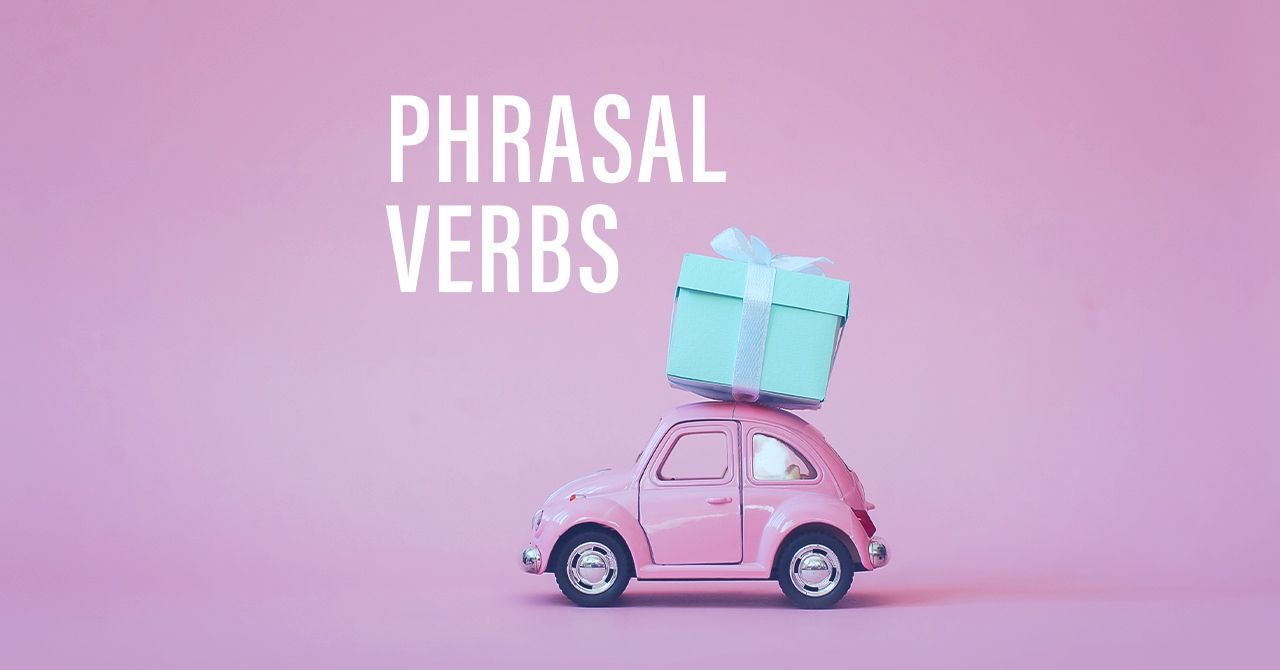
Getting to Grips with Phrasal Verbs
A phrasal verb is the combination of mostly two words, they are made up of a verb and a particle or, sometimes, two particles.
Having a conversation with a friend from England can be quite confusing for a non-native learner to understand. Phrasal verbs are used in every English-speaking country and probably more so in the USA.
I often find that Spanish/Italian learners dread having to learn these complicated words and try to avoid learning them because they know that when they try to translate them into their language, they have no significance and so they usually end up giving up.
What are Phrasal Verbs?
A phrasal verb is the combination of mostly two words, they are made up of a verb and a particle or, sometimes, two particles. For example: for “turn on,” we can change the tense formation and also write it in the past tense:
He turned on the lights.
Two particles: “take care of”:
He took care of my dog.
Are They Really So Important to Learn?
It is not important to learn all phrasal verbs when you start off learning English, and you can still hold a basic conversation without using them. However, it is difficult to understand many films and songs and follow an informal conversation between native speakers if you have very limited knowledge of phrasal verbs.
Please note: IELTS examiners and Cambridge B2 and C1 Examiners love to hear phrasal verbs when you take the speaking exam. This will gain you extra points if you attempt to use them in a sentence. Make sure you did your best with your English tutor for IELTS.
How to Use Some Common Phrasal Verbs in a Sentence
Most phrasal verbs have more than one meaning so it can be quite confusing at times. For instance, “Take off” could be to remove something, but also a flight can also take off, which means to depart.
Here are my top 10 phrasal verbs in a sentence:
1. He decided to give up smoking — To quit something
2. I grew up in a village — Where you spent your childhood
3. He took off his shoes — To remove something from your body
4. He carried on working — To continue
5. Please turn up the volume — To make the volume higher
6. I need to take care of my grandma — To care for someone
7. Don’t bring it up during conversation! — Do not mention it/Talk about it.
8. Turn off the news it’s rubbish — Stop the program so nobody can watch it.
9. He recently started up his own business — To start a company/a business
10. They broke up last year — The couple is no longer together
Resources and Ways to Learn Them
I would start with learning a few at a time, maybe starting with the ones that end in “up.” Memorize them and try using them in a sentence, then every day, learn a few more.
Remember, never give up. Keep on learning!
Some More Examples to Take With You:
I am an ESL/EFL English Teacher. I am from England and I speak some Spanish.

